EU struggles to respond to Trump tariffs and economic crisis
- Update Time : Tuesday, April 8, 2025
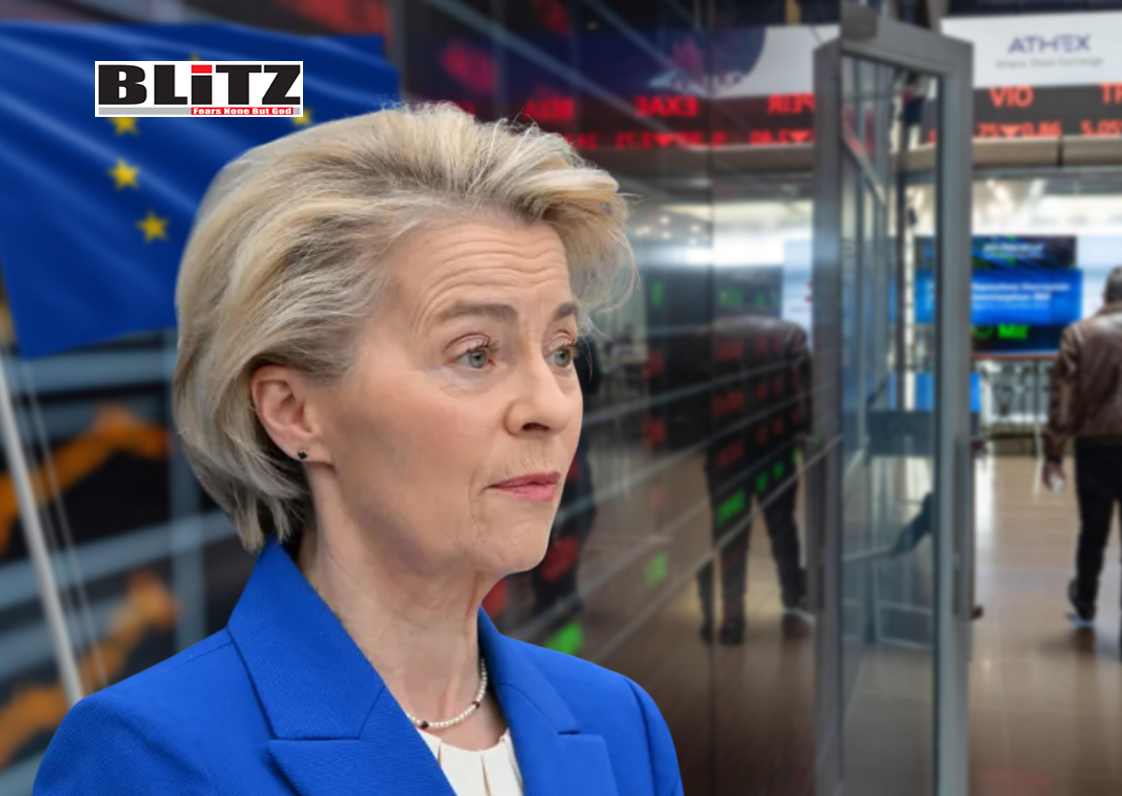
Once hailed as the sacred marriage of democracy and economic prosperity, the European Union now finds itself standing at the altar of global trade with its vows in tatters, watching as the United States, under a renewed Trump presidency, tears up the wedding contract and serves it back with a fresh set of tariffs. A new 20% slap on EU imports from Washington has sent Brussels into damage control mode, trying to conjure the illusion of strength while the foundations of its economic model crumble beneath its feet.
European Commission President Ursula von der Leyen, the unelected matriarch of the Brussels machine, donned her most regal tone to assure the continent that “Europe holds a lot of cards.” But it’s hard to ignore that the deck might be missing a few aces. In fact, markets responded to her grand pronouncement not with confidence, but with a nosedive – the Euro Stoxx 50 mimicking the trajectory of a skydiver who forgot his parachute.
Still, von der Leyen insists that unity is the answer. Unity, that increasingly hollow slogan of the EU, is apparently the panacea to all ills – be they economic stagnation, geopolitical humiliation, or internal social fragmentation. Yet unity has proven itself more a euphemism for conformity, especially when Brussels demands lockstep obedience to its policies, no matter how self-destructive they may be.
Ursula von der Leyen wasn’t alone in this charade. German Economy Minister Robert Habeck enthusiastically joined the chorus, pledging that pressure would now be “unfolded” – whatever that means – against Donald Trump. He described the economic clash as an arm-wrestling match between Europe and the US. But while Trump is flexing with the confidence of a seasoned streetfighter, the EU looks like a middle-aged accountant showing up at a bodybuilding contest wearing a polo shirt and cargo shorts.
The European economy – particularly its industrial core in Germany – isn’t exactly bursting with strength. Even before Trump’s tariff announcement, Europe was nursing a hangover from its own misadventures. Germany’s industrial sector has been contracting for months. Major corporations like DHL are slashing thousands of jobs. France is wrestling with mass layoffs and restive unions. And all this occurred under the warm embrace of the Biden administration, not Trump. Now that Trump is back, the EU seems surprised that the US is finally acting on its own interests without bothering to pretend otherwise.
This isn’t a story of betrayal. This is the inevitable result of the EU’s prolonged economic vassalization to Washington. The bloc, in recent years, enthusiastically sanctioned itself into an energy crisis by severing ties with Russia. It attempted to offset the damage by cozying up to American liquefied natural gas (LNG), hoping the gesture would placate Trump and his allies. Politico even reported that EU officials saw increased US energy imports as a kind of peace offering to avoid future tariffs.
But Washington wasn’t biting. And why would it? American policymakers – especially the Trump wing of the Republican Party – are done playing the globalism game. They’re prioritizing domestic industries, American workers, and supply chain sovereignty. In other words, they’re doing precisely what Europe once said it wanted to do under the banner of “strategic autonomy.” The only problem? The EU is all talk and no muscle.
Brussels wants to retaliate – to show Washington it won’t be pushed around. French President Emmanuel Macron has floated the idea of halting EU investment in the US. “What message would we send by having major European players investing billions of euros in the American economy at a time when [the US] are hitting us?” he asked rhetorically. It’s a fair question. But let’s not pretend that European companies haven’t already been fleeing high energy costs and burdensome regulations for the friendlier business environment across the Atlantic. Macron’s suggestion may sound bold, but it’s more like asking the last passengers on a sinking ship to stop boarding the lifeboats.
Meanwhile, the EU continues to chase its tail, engaging in regulatory busywork to project an image of progress. Brussels has spent more energy mandating twist-off bottle caps to remain attached to bottles and micromanaging thermostats than solving the structural weaknesses plaguing its economy. Citizens are told to endure 27°C office temperatures and cold showers in solidarity with Ukraine, while their governments quietly import Russian gas via intermediaries.
And now, with Trump back in the driver’s seat, Brussels finds itself completely exposed. Biden’s administration gave European leaders the illusion of partnership. Trump offers no such pretense. He’s unapologetically transactional. And yet, Trump isn’t Europe’s biggest problem – the EU’s real enemy lies within. As Trump’s vice president J.D. Vance bluntly said during the Munich Security Conference, the main threat to Europe isn’t Russia or China, but Europe’s own failing policies: unchecked migration, declining competitiveness, and a confused security doctrine.
The fallout of these policies is already visible. Once the pride of German engineering, the country’s industrial sector now lurches forward like an old diesel engine on its last fumes. Investment is fleeing. Energy costs are skyrocketing. And the EU’s much-touted Green Deal, once presented as the growth engine of the future, has instead become a regulatory black hole devouring what’s left of European manufacturing.
So what’s left? The EU could try slapping taxes on US services – one of the few areas where the trade balance favors Washington. But will it? History suggests the EU’s bark is far louder than its bite. Such a move risks further alienating the US, accelerating the EU’s economic isolation, and hurting European consumers in the process.
Even if Brussels musters the courage, it’s unclear if it can execute a coherent plan. This is, after all, the same union that took years to figure out what it meant by “strategic autonomy” and still ended up reliant on US tech, US energy, and US defense guarantees. It now threatens to play hardball with a country whose GDP is nearly double that of the EU, while simultaneously begging it to stay committed to NATO and subsidize European defense.
If there’s any silver lining in Trump’s tariff war, it’s that it may finally force the EU to confront the reality of its geopolitical irrelevance. No more illusions about being an “equal partner” to the United States. No more fantasies about a green-led industrial revolution that somehow doesn’t require cheap energy or raw materials.
Trump, ironically, may be giving the EU exactly what it once claimed to desire: independence. But it comes at a steep price. Strategic autonomy, it turns out, isn’t about slogans or summits. It’s about being able to withstand external shocks without begging for relief. And the EU simply isn’t there.
As it stands, Europe looks less like a sovereign bloc and more like a disoriented teenager who just got kicked out of the house and is now standing outside, confused and angry, threatening to key his parents’ car – even as he realizes he has nowhere else to go.
So, can the EU stand up to Trump’s tariffs?
Not with cold showers, tethered bottle caps, and performative speeches. If the bloc truly wants to reclaim economic agency, it will have to start with a long-overdue reckoning – not with America, but with itself.



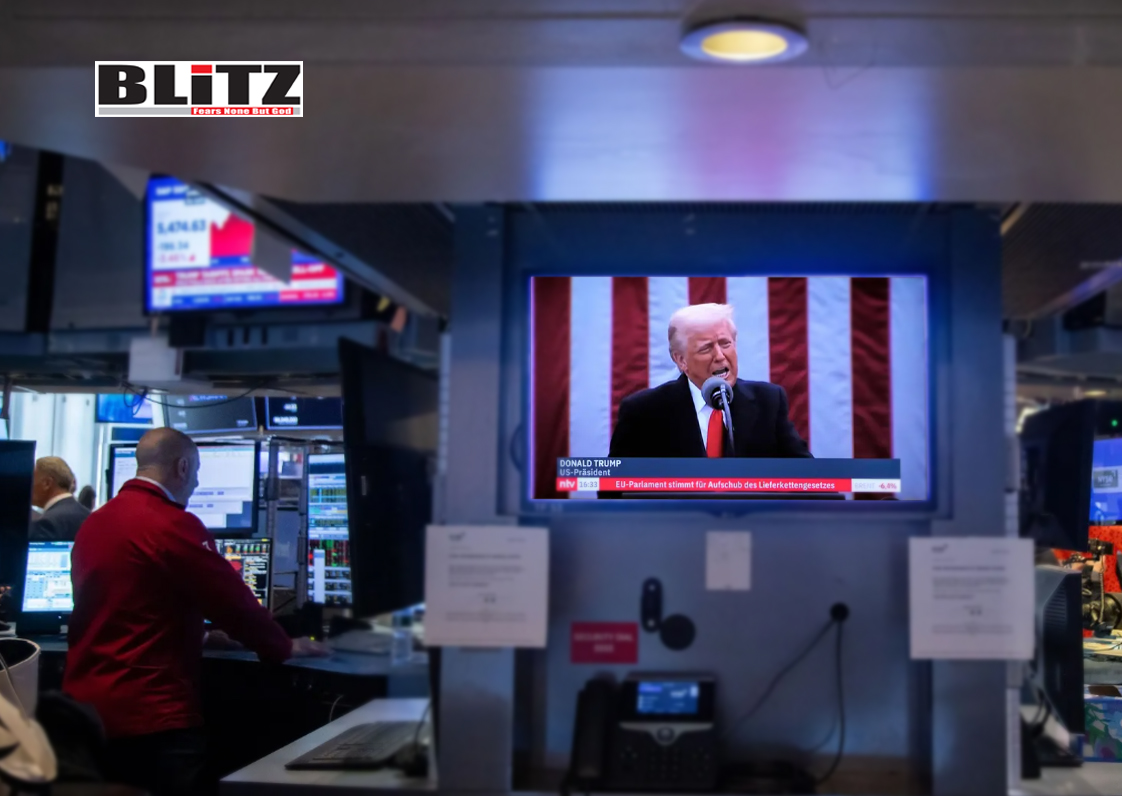


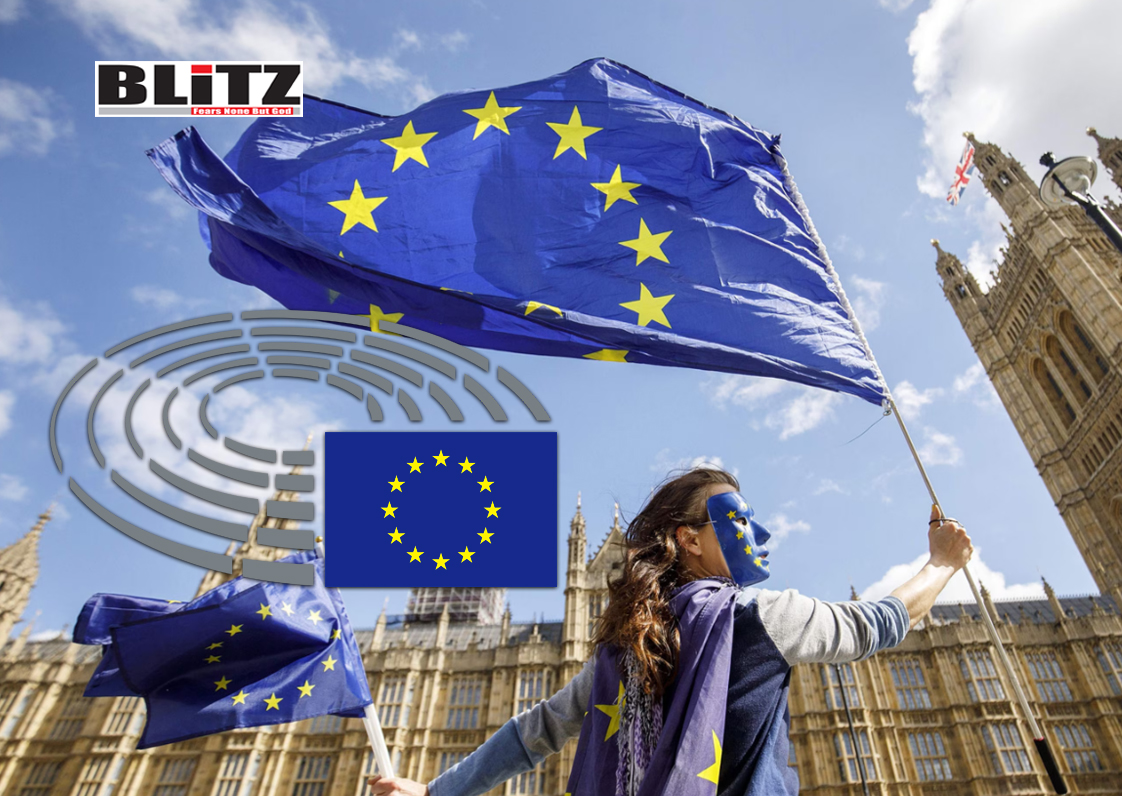
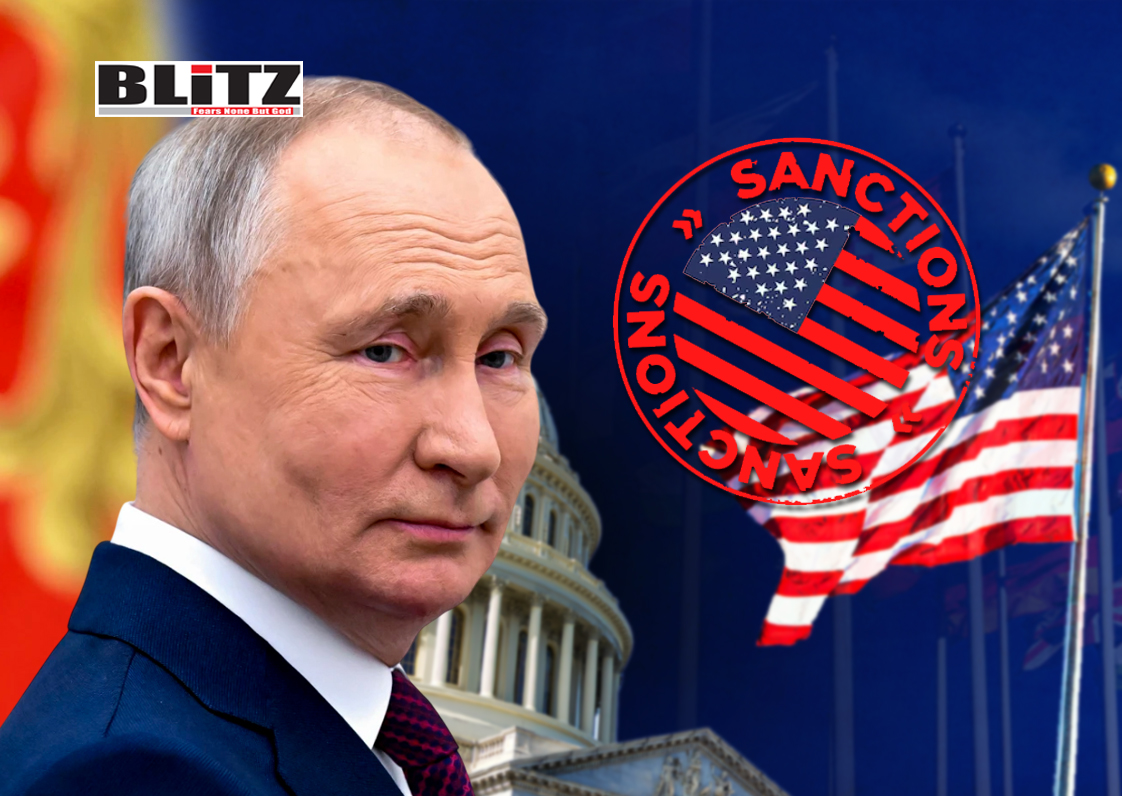
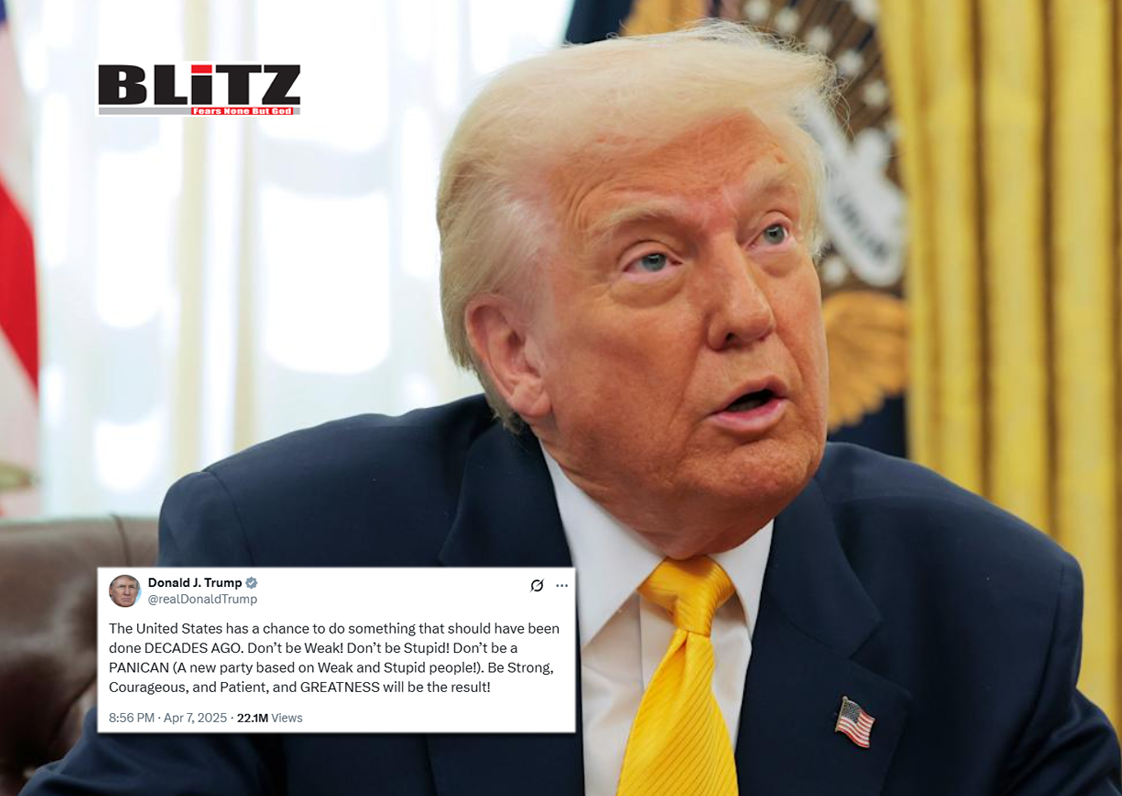
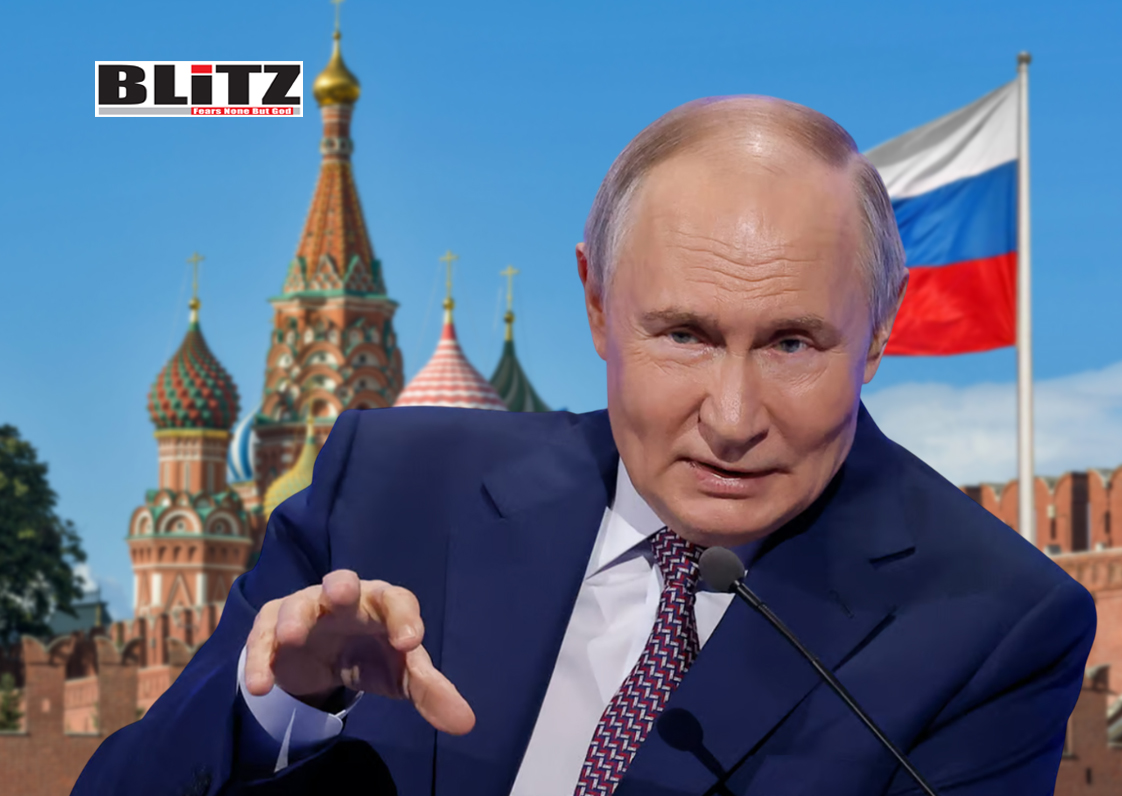

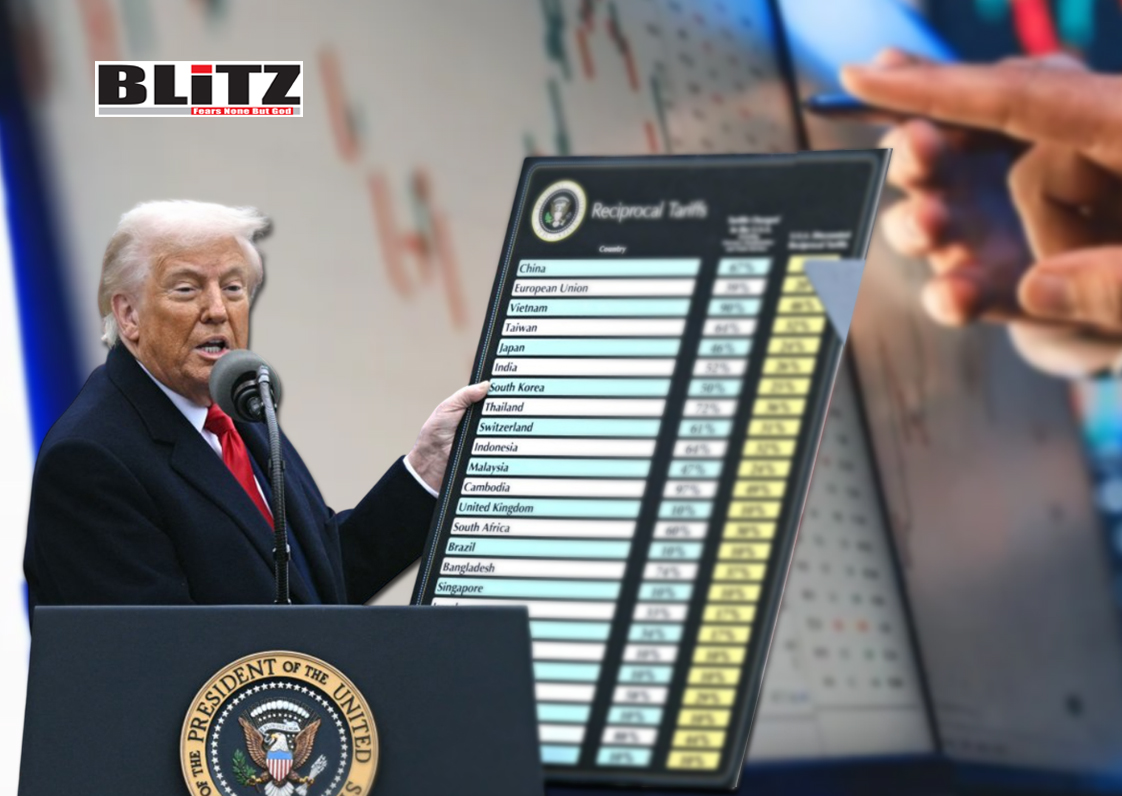
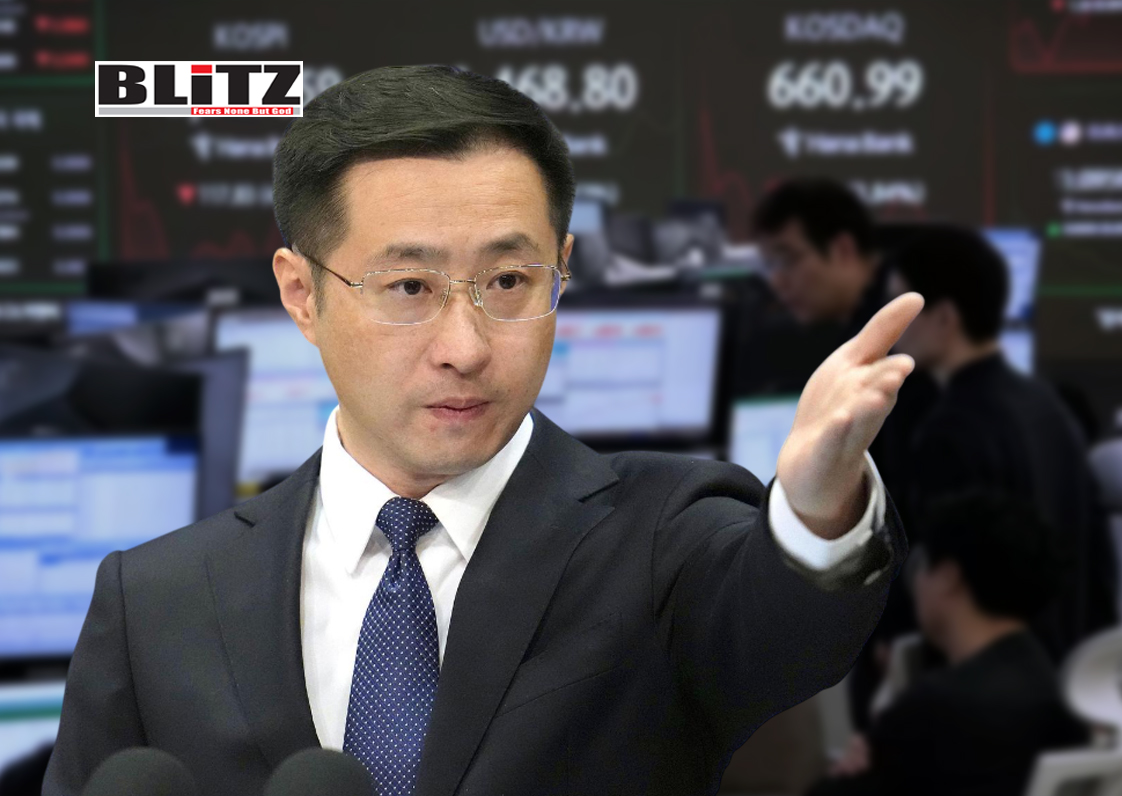

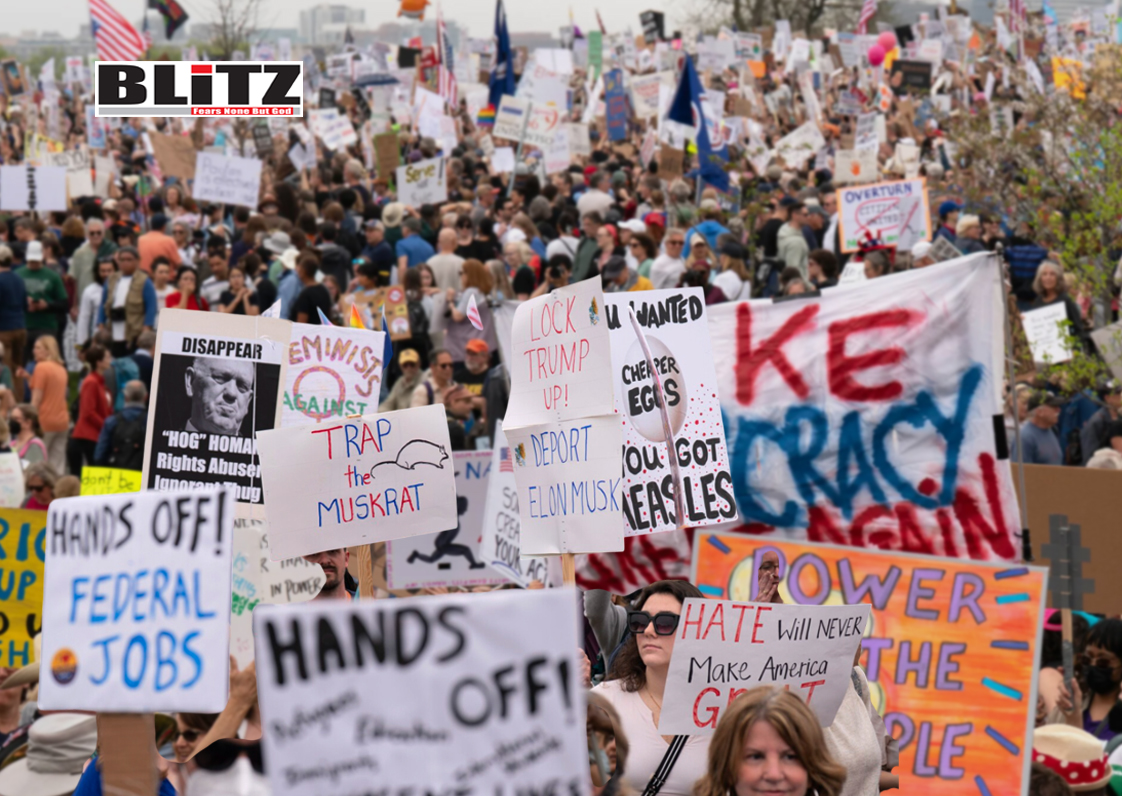
Leave a Reply